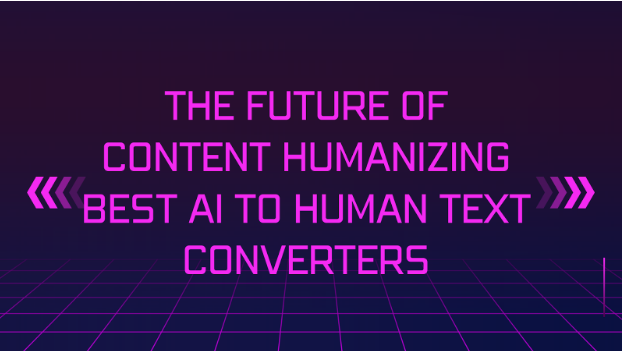In June 2023, GitHub, in collaboration with OpenAI, introduced GitHub Copilot, an AI-powered code completion tool designed to assist developers in writing code efficiently. Eight months into its release, Copilot has stirred a whirlwind of reactions within the developer community, ranging from excitement to skepticism.
[GitHub Copilot](https://github.blog/wp-content/uploads/2023/06/copilot-ui.jpg)
The Excitement:
For many developers, GitHub Copilot represents a groundbreaking advancement in coding productivity. Its ability to generate code snippets, suggest completions, and even offer whole functions or classes based on context has been hailed as a time-saving boon. Developers appreciate how Copilot accelerates the coding process, allowing them to focus more on problem-solving and innovation rather than mundane syntax.
The Skepticism:
However, alongside the enthusiasm, skepticism has also emerged. Some developers express concerns over Copilot’s reliance on code snippets extracted from public repositories, raising issues related to intellectual property rights and code ownership. Questions about potential biases in the training data and the AI’s understanding of security and best practices linger, casting shadows on the tool’s reliability and safety.
Mixed Reactions:
The mixed reactions to GitHub Copilot reflect the complex intersection of technological advancement, ethical considerations, and practical implications within the developer community. While some embrace Copilot as a revolutionary tool that enhances productivity and creativity, others approach it cautiously, mindful of its potential pitfalls and limitations.
[GitHub Copilot in Action](https://openai.com/content/images/2023/06/using-github-copilot.gif)
Developer Adoption:
Despite the divided opinions, GitHub Copilot has seen significant adoption since its launch. Many developers have integrated it into their workflows, leveraging its capabilities to streamline coding tasks and expedite project development. GitHub’s decision to offer Copilot as a subscription service has further fueled its adoption, as developers seek to harness the full potential of AI-assisted coding.
Future Implications:
As GitHub Copilot continues to evolve, its impact on the developer landscape remains uncertain. While it promises to revolutionize code creation and collaboration, its long-term implications for code quality, ownership, and innovation are yet to be fully realized. As developers navigate the opportunities and challenges presented by AI-powered tools like Copilot, ongoing dialogue and collaboration will be essential to shape a future where technology empowers rather than hinders human ingenuity.
In the realm of software development, GitHub Copilot stands as a testament to the boundless possibilities of AI-driven innovation. Its ability to augment human creativity and efficiency represents a significant milestone in the evolution of coding tools. Yet, as with any transformative technology, Copilot’s journey is fraught with complexities and nuances that warrant careful consideration and debate. As developers continue to explore the capabilities and implications of GitHub Copilot, one thing remains certain: the future of coding is undeniably intertwined with the power of artificial intelligence.
For more information and updates on GitHub Copilot, visit [GitHub’s official announcement](https://github.blog/2023-06-29-github-copilot-ai-pair-programmer/) and [OpenAI’s website](https://openai.com/github-copilot/).







Leave a Reply